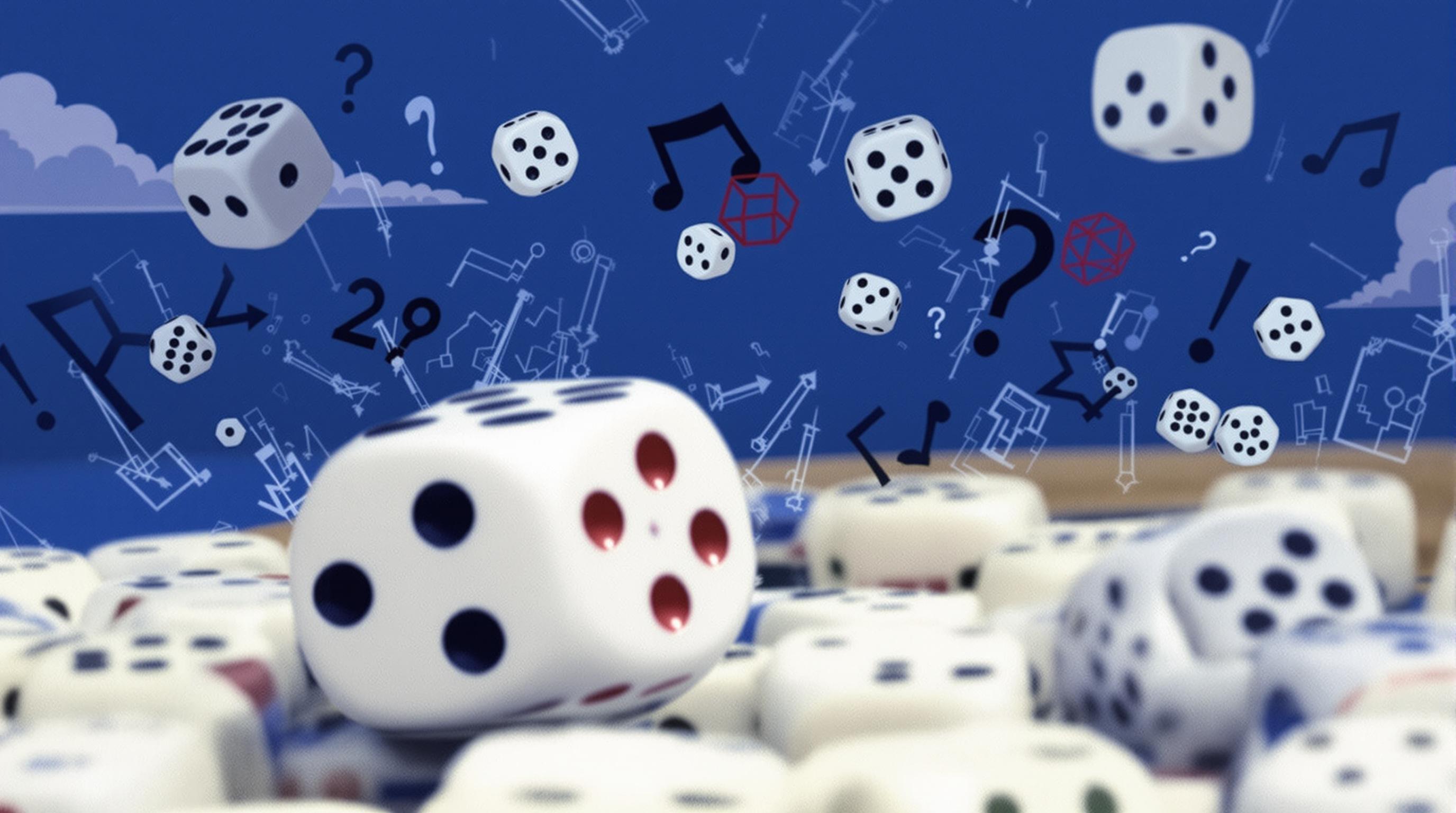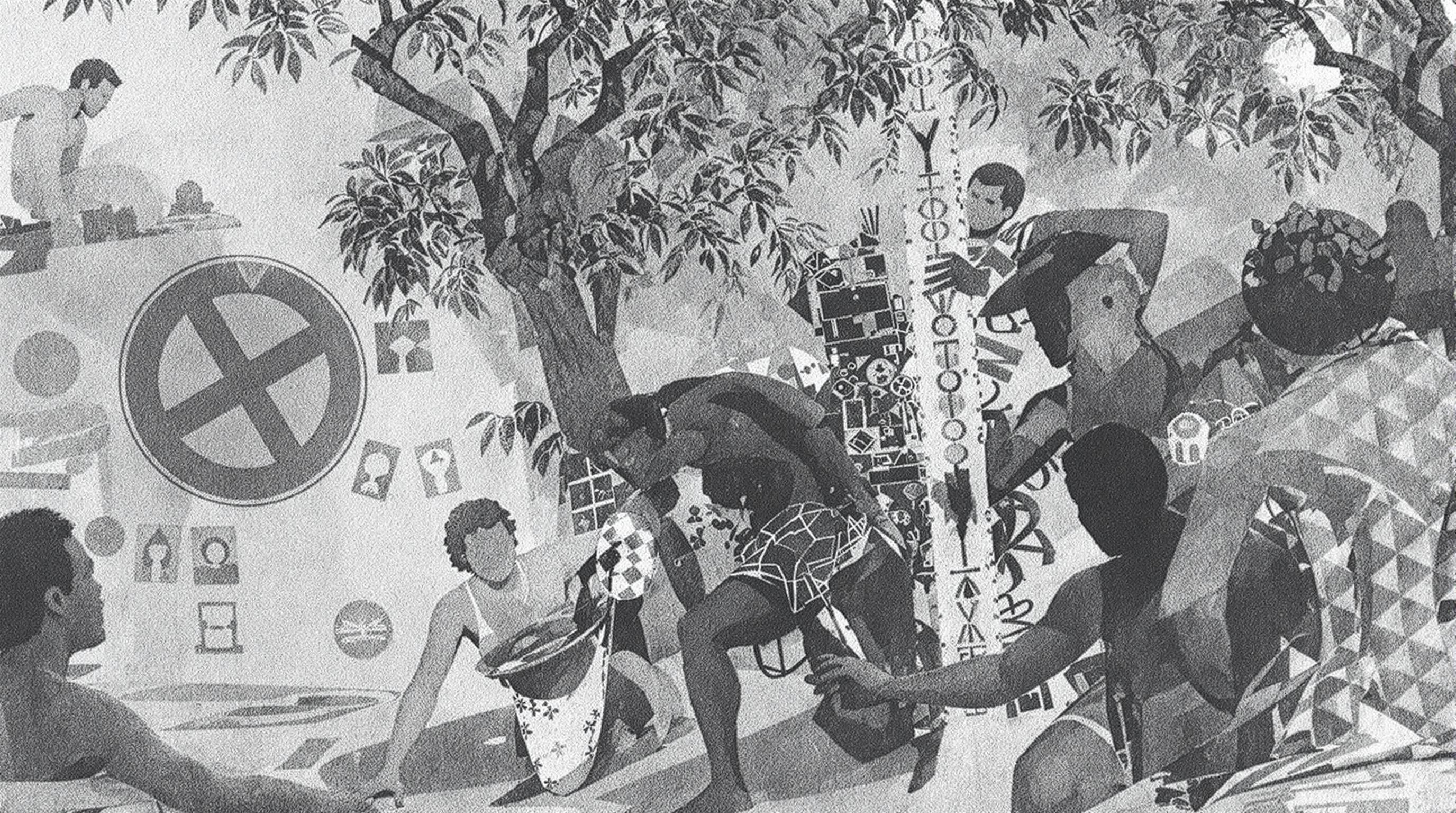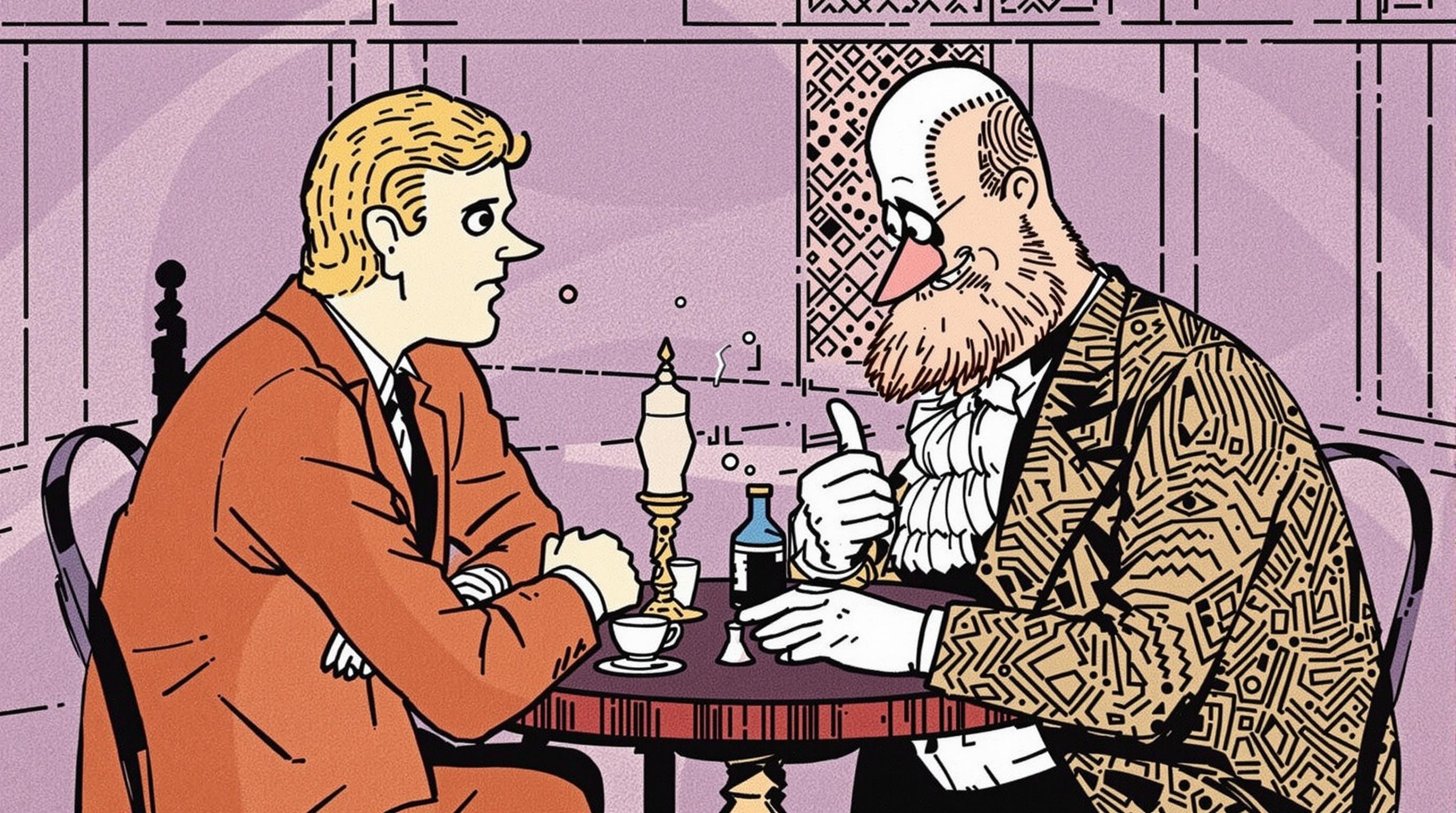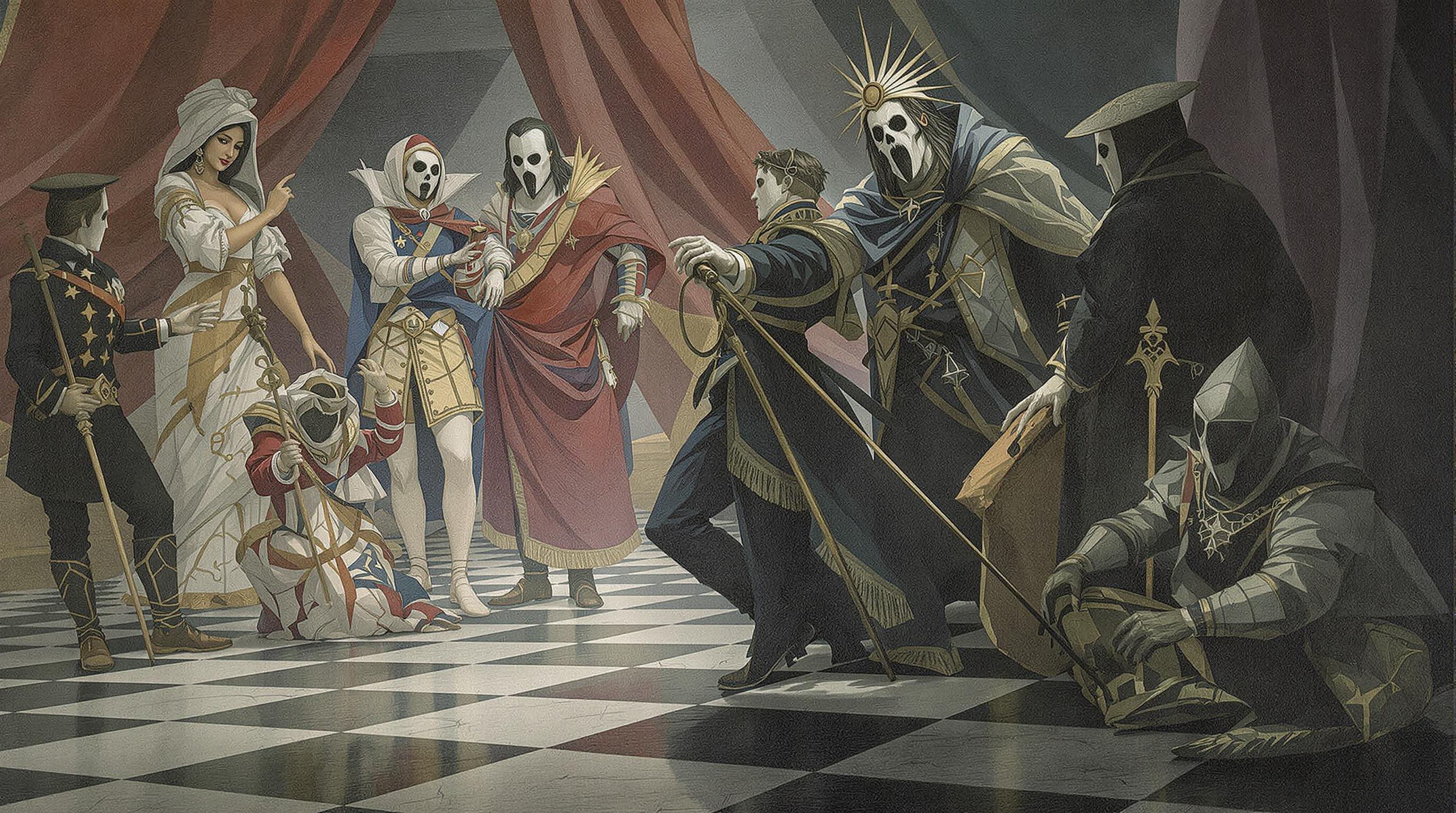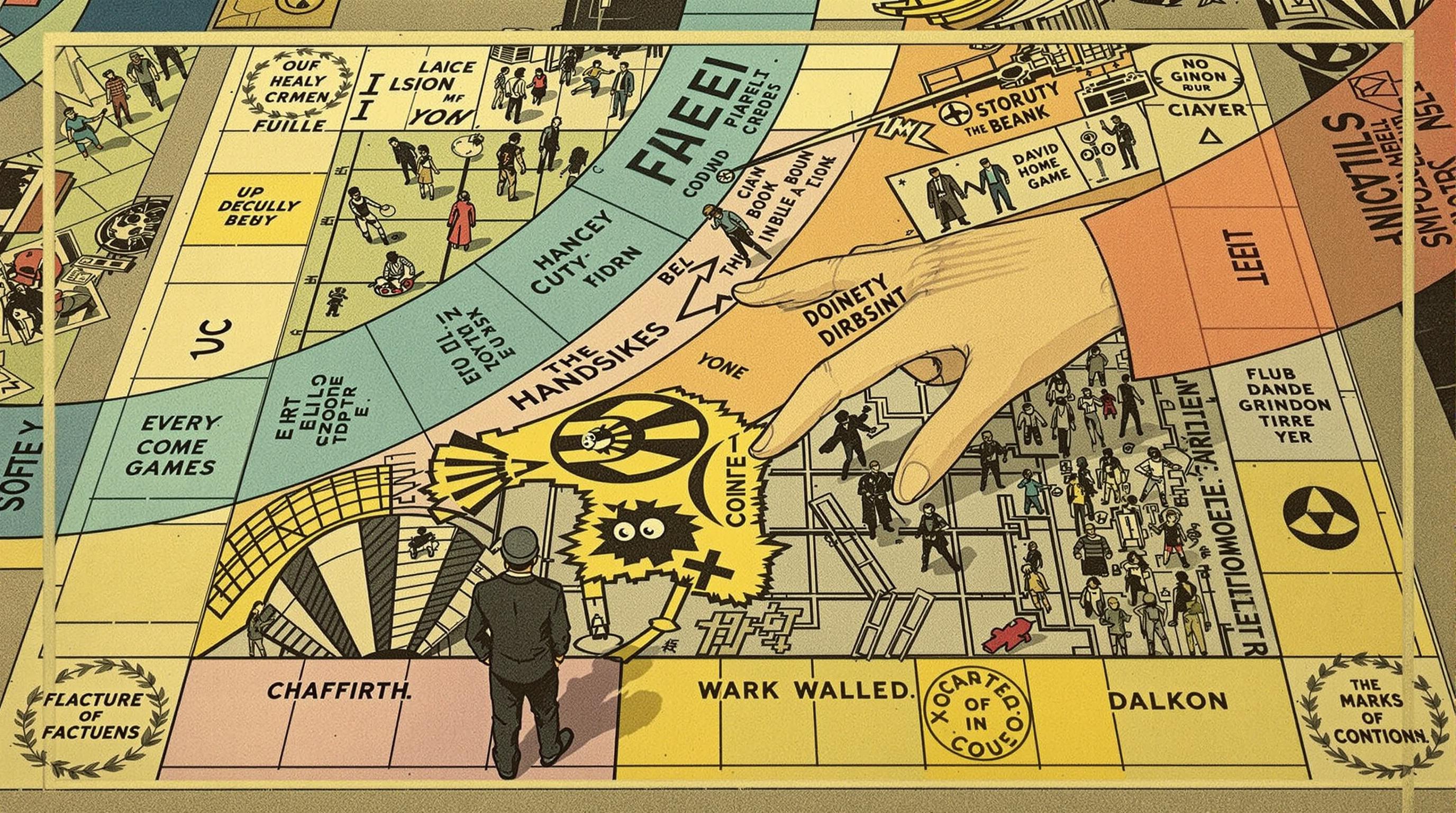Related Articles
- Cultural Collisions: How Colonialism and Conquest Transformed Games and Their Rules Across Continents
- The Eccentric Anomalies of Game Etiquette: Odd House Rules That Defied Generations
- Unveiling the Unconventional: The Role of Secret Societies in Shaping Game Regulations Across Time
- Revisiting the Cultural Phenomenon: How Iconic Championships Influenced Fashion Trends on and off the Field
- Revisiting the Aftermath: How Championship Wins Shape Community Identity and Local Economies
- The Role of Unexpected Weather Events in Shaping Championship Outcomes: A Tidal Wave of Influence
Dicey Decisions: Analyzing the Surprising Influence of Political Turmoil on Game Regulations Through the Ages
Dicey Decisions: Analyzing the Surprising Influence of Political Turmoil on Game Regulations Through the Ages
Political turmoil has long shaped societal norms, including the regulations around games and gambling. This article explores how socio-political upheaval across different eras influenced game regulations, revealing a surprising connection between governance and leisure activities.
A Brief History: Games and Governance
History tells us that games have served not just as a pastime but a microcosm of society at large. Dating back to the ancient Egyptians, where the game Senet was believed to have significant cultural importance, political influences shaped both gameplay and regulation. Fast forward to the age of enlightenment, where card games were outlawed by many monarchies to curb perceived moral decay, we see early instances of governments interfering in the world of leisure. As society evolves, so too do the games we play, and with them the rules that govern them.
Dice and Destiny: The Medieval Perspective
In medieval Europe, dice were viewed with suspicion—often associated with the devil and vice. Laws enacted in places like England made gambling illegal under various statutes, deeming it a distraction from pious living. It's amusing to imagine that something as simple as rolling dice could incite ecclesiastical debates and even lead to witch hunts! The infamous "Dice Act" of 1542 exemplifies this, focusing on the moral implications rather than the mere act of gaming. According to records, some lawmakers felt that if they quashed gambling, they would essentially save souls (Statistical Yearbook, 2022). Can you imagine being fined for playing cards with your friends on a Friday night?
War and Gaming: A Tale of Two Countries
But what happens when political unrest doesn’t just compel regulations but drives the gaming culture underground? Let’s look at two examples from the 20th century: Russia and the United States. Following the Russian Revolution in 1917, the Bolshevik government cracked down on all forms of gambling, believing it to be a capitalist vice that distracted workers from the greater struggle of communism. Thus, it was banned outright, and cards became a source of black-market intrigue and risk. On the flip side, the U.S. faced Prohibition in the 1920s, giving rise to the underground speakeasy culture that paradoxically flourished despite strict regulations. Data shows that illegal gambling operations skyrocketed during this period—an amusing twist in governmental efforts to clamp down on vice.
The Modern Age: Regulations on the Rise
Fast forward to the 21st century, and we see a different kind of political turmoil—one that revolves around the advent of technology and the internet. The UIGEA (Unlawful Internet Gambling Enforcement Act) of 2006 in the U.S. highlighted how digital transformation collided with existing gambling regulations. Lawmakers believed they could curb online gambling by restricting financial transactions tied to it, but the unintended consequence was a boom in offshore betting sites. Research indicates that the globally reached online betting market is projected to grow from $58 billion in 2019 to a staggering $127 billion by 2027 (Statista, 2023). What’s more, the emergence of sports betting apps fueled by political lobbying has added another layer to the already complex regulatory landscape.
The Power of Influence: Case Studies
Let’s break it down with two standout case studies: New Jersey and the Netherlands. In New Jersey, the sports betting landscape began altering dramatically when the state pushed to legalize it following a referendum. The state embraced the potential economic boom brought alongside widespread gaming deregulation, amidst political strife over state revenue. Surprisingly, the result was not just an increase in bets, but an unprecedented validation of how a state can turn political struggle into economic revival. Just look at recent figures—since implementation, the state has generated over $320 million in revenue from sports betting alone in the first year (New Jersey Division of Gaming Enforcement, 2020).
Meanwhile, in the Netherlands, where gambling has been heavily regulated, a new law passed in 2021 allowed online casinos to operate legally. This move was fueled not just by a desire for more tax revenue but also by the acknowledgment that the underground gambling market was far more dangerous. Policymakers realized that modernizing regulations could protect consumers while simultaneously raking in much-needed funds for public services, particularly following the blows of the COVID-19 pandemic.
The Role of Societal Outlook and Trends
Your belief systems and societal trends don’t just dictate political outcomes—they also raise questions about game legitimacy. In many cultures, gaming has long been viewed through the lens of morality. Take Japan, for example; pachinko parlors have remained a popular form of entertainment, despite being technically illegal. This inherent duality raises fascinating conversations about what constitutes a ‘socially acceptable game’ and the regulation that ensues. Interestingly, a 2018 survey found that 63% of Japanese respondents saw no issues with legalizing gambling outright, revealing a growing disconnect between regulation and public perception (Ministry of Health, Labour and Welfare, 2020).
Shifting Paradigms: The Future of Game Regulation
As we look toward an increasingly digitized future, the conversation around game regulations is bound to evolve. The rise of NFTs and blockchain-based games has introduced complex legal elements that will require new frameworks of understanding and control. Imagine a future where every game you play leaves a digital footprint that’s tracked by governmental authorities. Sounds futuristic? Perhaps, but it might just become the next legislative battleground.
Humor in the Historical Context of Games
Let’s take a step back and have a chuckle at the absurdity of regulations around games. Ever heard of the ban on Monopoly in 1940s Germany? Yes, while the world was fiendishly debating politics and survival, Poland nearly had its own version of Monopoly with distributed wealth to reflect a more socialist ideology. Ironically, it’s one of the most well-loved board games today. Who knew that back then it would face such scrutiny? The paradox of escaping through games while governments tighten the leash is a beautiful irony we continue to navigate.
Conversations Across the Ages
In the end, political turmoil and game regulations have woven a rich tapestry reflecting the concerns and attitudes of their time. From the fears of the devil in medieval dice rolling to the burgeoning online gambling market today, each phase reveals how little has changed in our struggle between leisure and regulation. It’s a balance we must continue to navigate—a game of dice, if you will, where every roll bears social consequences.
Now, in your life, take a moment to ponder how near or far we are from achieving a balance between regulation and freedom in the gaming world. Will future generations look back and laugh at our current turmoil? Or will they find themselves in their own dicey decisions? A world of chance awaits.
